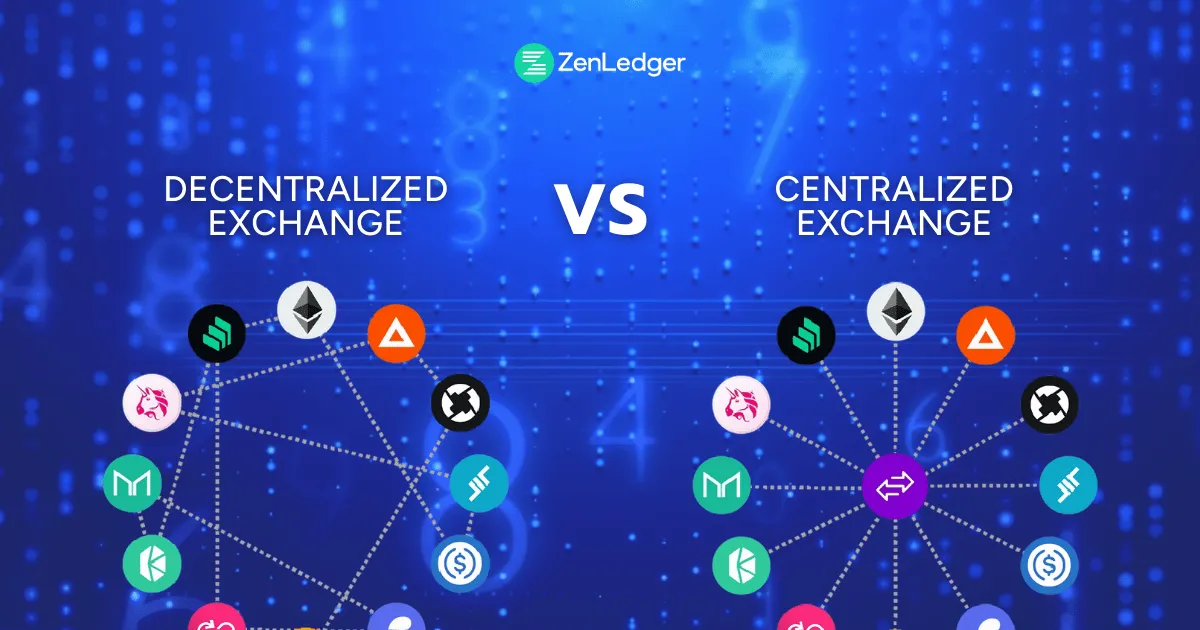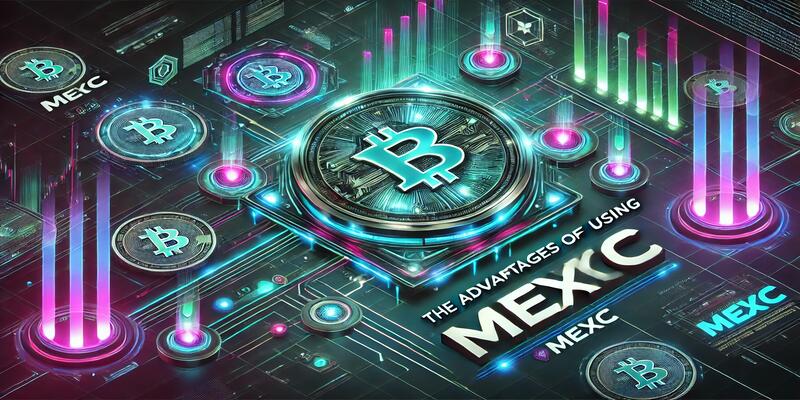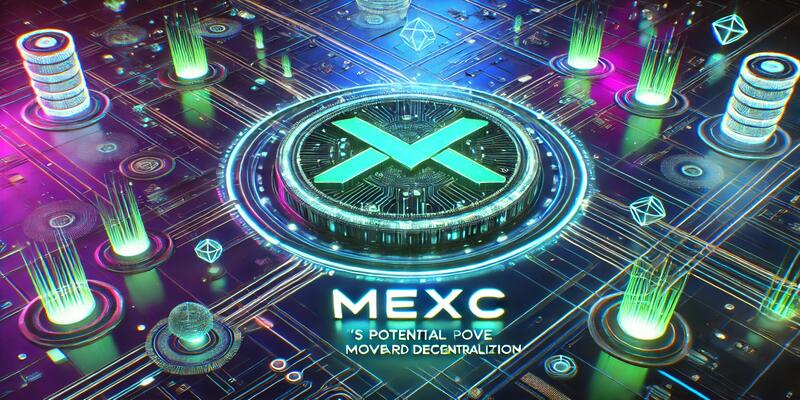Cryptocurrency exchanges have become a critical component in the global crypto economy. With a multitude of platforms emerging, one exchange that stands out is MEXC. As more and more crypto enthusiasts dive into the world of digital assets, the question arises: Is MEXC decentralized? In this article, we will thoroughly explore MEXC’s platform, its structure, and how it compares to other decentralized exchanges.
What is MEXC?
Before delving into the specifics of whether MEXC is decentralized, it’s essential to understand what MEXC is. Founded in 2018, MEXC Global has quickly become one of the largest and most popular cryptocurrency exchanges in the world. It offers a variety of services, including spot trading, futures trading, and margin trading, allowing users to trade a wide array of cryptocurrencies.
MEXC aims to offer a user-friendly, secure, and efficient platform for crypto traders, with over 200 different tokens available. Its strong reputation in the market has made it a go-to exchange for many in the crypto community. However, as with many centralized exchanges, questions about security, control, and decentralization are common.
Decentralized vs Centralized Exchanges

To answer the question of is MEXC decentralized, it’s important to first define the terms “decentralized” and “centralized” in the context of cryptocurrency exchanges.
- Centralized exchanges (CEXs): These are platforms where users trade cryptocurrencies, but the exchange itself controls the funds, user accounts, and overall transactions. Examples of centralized exchanges include Binance, Coinbase, and MEXC. Centralized exchanges offer high liquidity, faster transactions, and customer support but come with a risk of hacks or misuse of funds since the platform controls all aspects of the exchange.
- Decentralized exchanges (DEXs): These are peer-to-peer platforms where trades occur directly between users (P2P) without a central authority overseeing the transactions. DEXs like Uniswap, SushiSwap, and PancakeSwap allow users to maintain control of their assets throughout the trading process, reducing the risk of hacking or manipulation.
Is MEXC Decentralized?
Now, to address the core question: Is MEXC decentralized? The answer is no — MEXC is a centralized exchange. Like most major crypto exchanges, MEXC operates under the control of a central authority, which manages user funds and transactions. When you trade on MEXC, you are entrusting the platform to hold your assets in their custody. While MEXC implements robust security measures such as two-factor authentication (2FA), cold storage, and regular audits, it does not have the same decentralized model as platforms like Uniswap.
This centralized structure allows MEXC to offer certain advantages, such as high liquidity, customer support, and an easy-to-use interface, which are often not as readily available on decentralized platforms. However, the trade-off is the inherent risks associated with centralized platforms, including potential security breaches or account freezes.
The Advantages of Using MEXC

Even though MEXC is not decentralized, there are many reasons why it remains a popular choice among crypto traders:
- High Liquidity: MEXC boasts one of the highest liquidity levels in the crypto market. This means that trades can be executed quickly without significant price slippage, which is essential for traders looking to make fast moves in the volatile crypto market.
- User-Friendly Interface: Whether you are a beginner or an experienced trader, MEXC offers an intuitive interface that is easy to navigate. It provides various charting tools and advanced trading options, making it accessible to users of all levels.
- Security Measures: Despite being a centralized exchange, MEXC implements high-end security protocols such as cold storage for the majority of funds, encryption, and robust account protection to mitigate risks.
- Variety of Cryptocurrencies: MEXC offers a wide range of cryptocurrencies for trading, including popular ones like Bitcoin (BTC), Ethereum (ETH), and newer altcoins, giving traders ample choice for diversification.
- Futures and Margin Trading: For advanced users, MEXC offers futures and margin trading, enabling traders to leverage their positions and capitalize on market movements.
Why Decentralized Exchanges are Gaining Popularity
While MEXC is centralized, decentralized exchanges (DEXs) have gained traction due to their perceived advantages over centralized platforms. Here are some reasons why decentralized exchanges are becoming increasingly popular:
- Control Over Funds: DEXs allow users to trade directly from their wallets, meaning they retain full control over their funds throughout the process. This is a key benefit for those who prioritize security and privacy.
- Anonymity: Many decentralized platforms do not require users to provide personal information, offering a greater level of privacy compared to centralized exchanges.
- Lower Risk of Hacking: Since decentralized exchanges do not store user funds, they are less susceptible to hacking attempts that target centralized exchange wallets.
- Reduced Censorship: DEXs offer a more open, censorship-resistant environment, making it harder for authorities or third parties to interfere with trades.
Despite these benefits, decentralized exchanges face challenges such as lower liquidity, higher transaction fees, and slower speeds. Additionally, DEXs may not provide the same level of customer support or security protocols as centralized platforms like MEXC.
MEXC’s Potential Move Toward Decentralization

As the cryptocurrency industry continues to evolve, it is possible that MEXC may integrate decentralized features into its platform in the future. Some centralized exchanges have begun offering decentralized trading options or launched decentralized finance (DeFi) products to cater to users who are interested in the decentralized ethos.
While MEXC is not decentralized at present, the increasing demand for decentralized options could prompt the exchange to adopt certain features or partnerships that move it closer to a decentralized model.
Conclusion
In conclusion, MEXC is not decentralized. It operates as a centralized exchange, which offers high liquidity, user-friendly features, and a wide range of cryptocurrencies. While decentralized exchanges (DEXs) have their own set of benefits, MEXC continues to provide a secure and efficient trading platform for users around the world. As the crypto space continues to grow, it will be interesting to see whether MEXC introduces any decentralized components or remains focused on its centralized structure.
If you are looking for a secure and efficient trading platform, MEXC remains a top choice, but if decentralization is a priority for you, exploring decentralized exchanges could be a valuable alternative.
